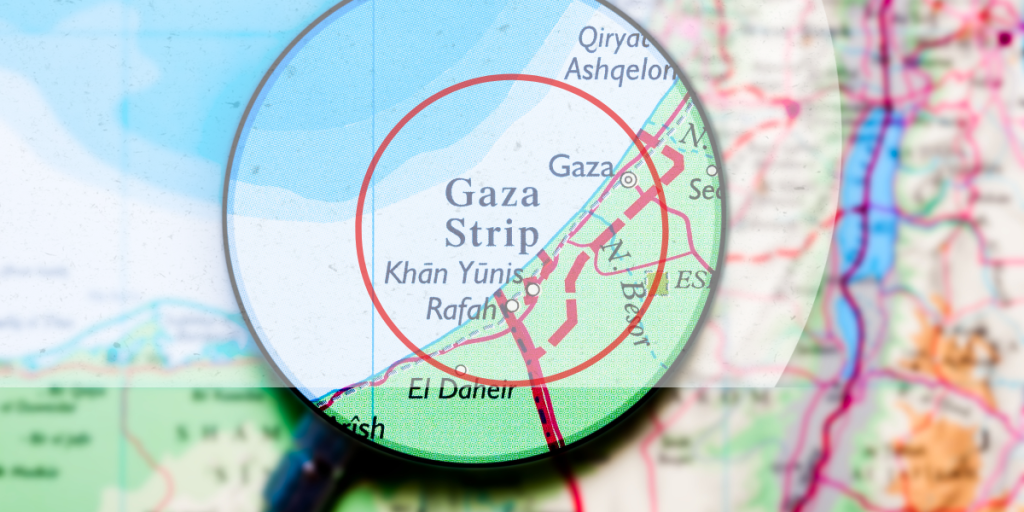The ICC Statute requires all situations to meet a ‘gravity’ threshold as a basic condition of admissibility, along with complementarity. Prof. Eugene Kontorovich’s new article — When Gravity Fails: Israeli Settlements and Admissibility at the ICC — has just been published in the Israel Law Review. It focuses on operationalizing the fuzzy gravity requirement, and applying it in the context of other possible situations involving Israel.
The International Criminal Court’s decision to not pursue a referral by Comoros against Israel, discussed here yesterday, was based on the requirement that the Court only deal with situations of particular “gravity” – that is, the worst of the world’s worst conduct.
Here is the abstract to the new article:
In the wake of the UN General Assembly’s recent recognition of Palestinian statehood, the Palestinian government has made clear its intention to challenge in the International Criminal Court (ICC or the Court) the legality of Israeli settlements. This article explores jurisdictional hurdles for such a case. To focus on the jurisdictional issues, the article assumes for the sake of argument the validity of the merits of the legal claims against the settlements.
The ICC only takes situations of particular ‘gravity’. Yet settlements are not a ‘grave breach’ under the Rome Statute. No modern international criminal tribunal has ever prosecuted crimes that do not involve systematic violence and physical coercion. The ICC’s gravity measure involves the number of persons killed; for settlements it would be zero. Indeed, the ICC Prosecutor triages situations by the numbers of victims; settlements do not appear to have direct individual victims. Finally, the ICC would at most have jurisdiction over settlement activity only from the date of Palestine’s acceptance of jurisdiction. Settlement activity in this time frame would not immediately cross the ICC’s gravity threshold.
Cambridge University Press is making the article available without a subscription until the end of the year.



